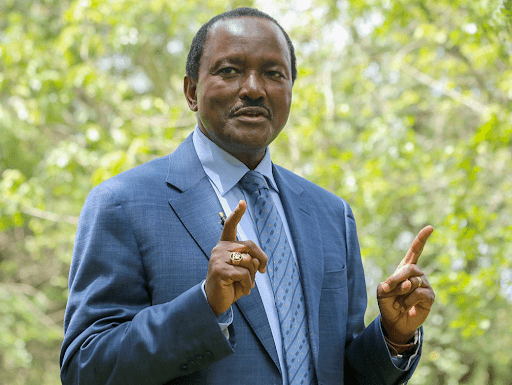Biodiversity loss is one of the most significant challenges facing the African continent today.
Africa is home to some of the world's most diverse ecosystems, and the loss of biodiversity is having profound effects on both the environment and human communities.
From the savannahs of East Africa to the rainforests of West Africa, the loss of biodiversity is threatening the livelihoods of millions of people and putting countless species of plants and animals at risk of extinction.
As the UN's Convention on Biological Diversity notes, "Biodiversity is the foundation for life and for the essential services provided by ecosystems." These essential services include food, water, shelter and medicine, all of which are directly or indirectly linked to biodiversity.
In Africa, many people rely on natural resources such as forests, rivers, and grasslands for their livelihoods, but the loss of biodiversity is making it increasingly difficult to sustain these resources.
African Biodiversity Network observes, "Biodiversity loss is a silent crisis that is often overlooked. It is time for us to take urgent action to protect the natural world and the many species that call it home."
Perhaps most worrying of all is the effect of biodiversity loss on Africa's plants and animals. The continent is home to some of the world's most iconic species, from elephants and lions to gorillas and rhinos.
However, many of these species are now threatened with extinction due to habitat loss, poaching and other human activities.
As species disappear, ecosystems become less resilient and more vulnerable to environmental stressors such as climate change and pollution. This can lead to a domino effect, with the loss of one species triggering the loss of others.
The African Union notes that "Biodiversity loss threatens the ecological functioning of ecosystems, which in turn affects their ability to provide the goods and services that human societies depend on."
Biodiversity loss disrupts the delicate balance of ecosystems, leading to decreased resilience, decreased productivity and increased vulnerability to disease, pests and invasive species. This, in turn, leads to cascading effects throughout the food web, impacting the health and survival of other species.
The loss of biodiversity is not a new problem, and there have been many efforts to address it. However, as the African Development Bank notes, "Progress has been slow, and the scale and pace of biodiversity loss continue to exceed efforts to conserve it."
This is due in part to the complex nature of the problem, which is linked to a range of social, economic and environmental factors. However, there is also a lack of political will and resources dedicated to addressing the problem.
To address the problem of biodiversity loss in Africa, there needs to be a concerted effort by governments, civil society and the private sector. This effort should be based on the recognition that biodiversity loss is not just an environmental problem, but a social and economic one as well. As the African Union notes, "Biodiversity conservation must be integrated into policies and practices across all sectors of society."
As the African proverb goes, "If you want to go fast, go alone. If you want to go far, go together." Addressing the problem of biodiversity loss in Africa will require a collaborative effort, with stakeholders from across society working together to find solutions.
It will require investment in science, education, and community empowerment, as well as in policies and institutions that promote sustainable use of natural resources.
It is up to all of us to take action to protect Africa's biodiversity, and in doing so, secure a future for ourselves and for the many species that call Africa home.
In the words of Prof Wangari Maathai, the Kenyan environmentalist and 2004 Nobel laureate, "It is the people who must save the environment. It is the people who must make their leaders change. And we cannot be intimidated. We cannot be afraid to speak out. We cannot allow ourselves to be silenced."
Let us take inspiration from her words and work together to protect Africa's biodiversity for generations to come.
Communications and advocacy specialist at African Biodiversity Network, a mentor at African Women Leaders in Agroecology-Initiative, chairperson of National and International Engagements at Inter-Sectoral Forum on Agrobiodiversity and Agroecology and treasurer of the Board at the Association of Media Women in Kenya









